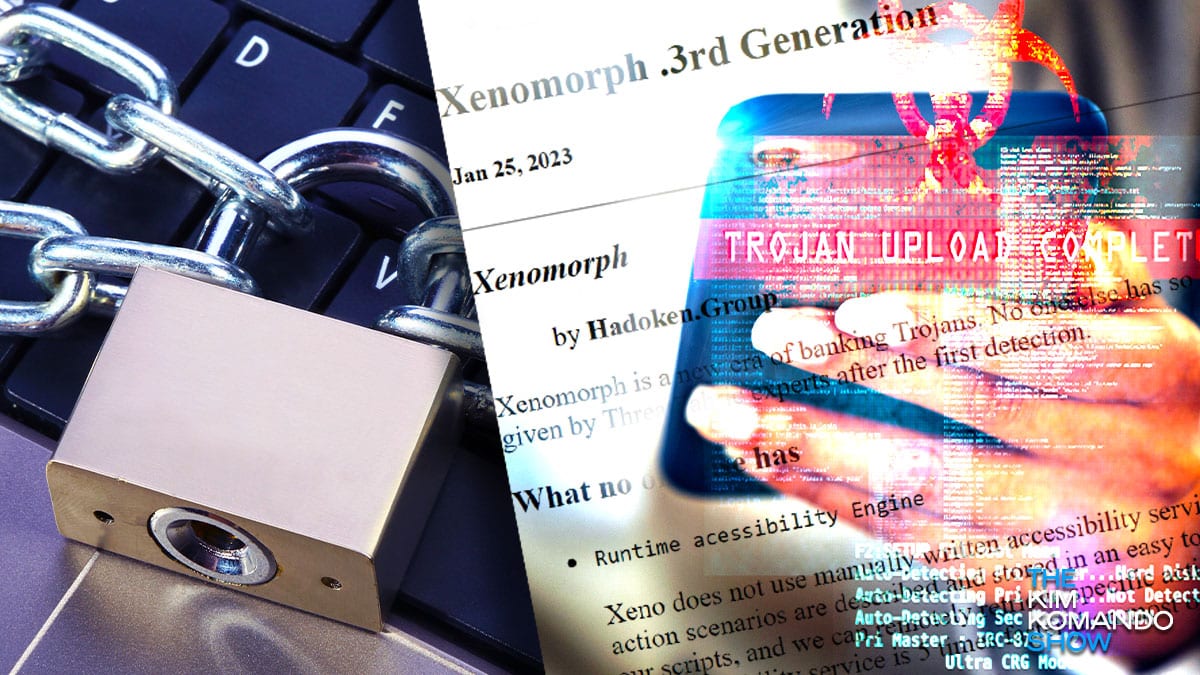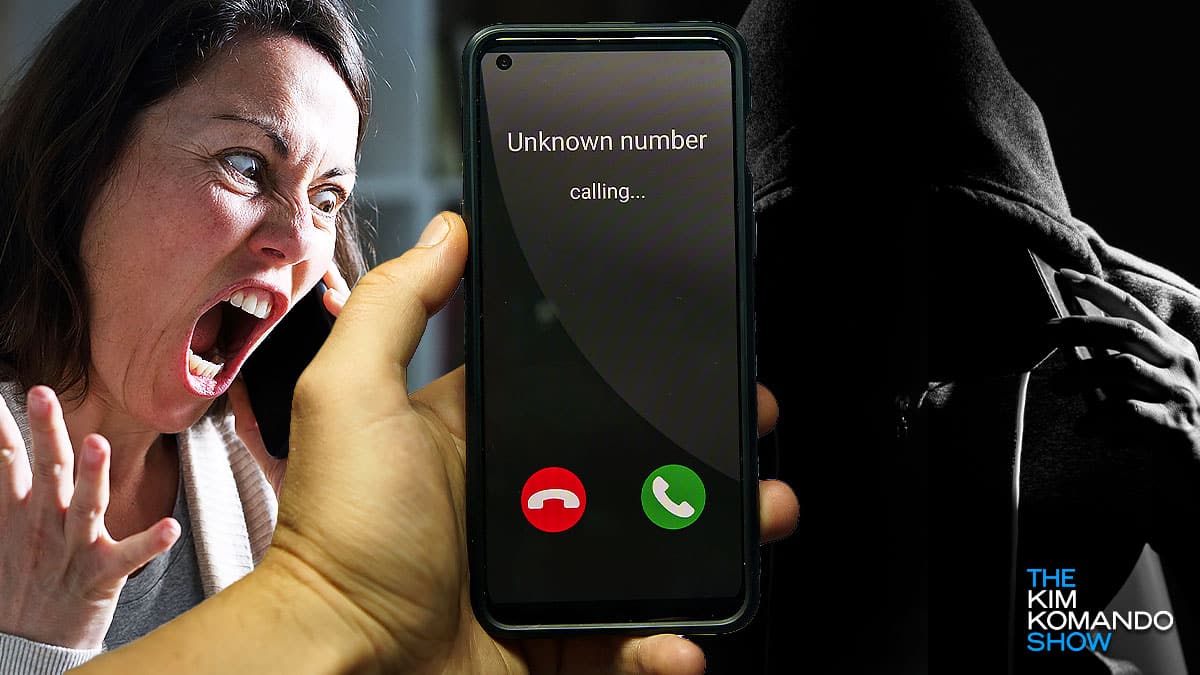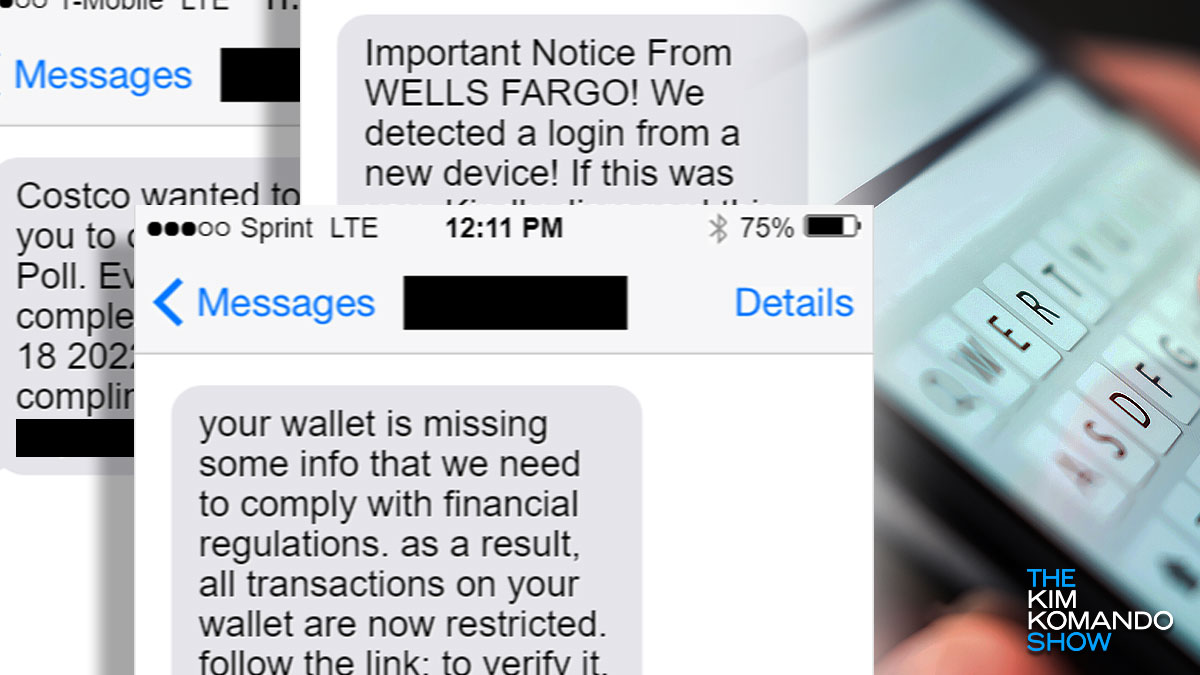Over a dozen workers were caught faking keyboard activity and using mouse jigglers to look busy. Plus, CVS recalls 133 medications, the controversial Windows Recall faces a delay, and a must-know site for those wary of flying Boeing planes.
Bank fraud is rising – How to protect yourself

The scams don’t stop — and here’s another one you need to know about. Your phone rings. It’s a rep from your bank, and they’re warning your account has been compromised. You’re smart, so you immediately suspect it’s a scam.
Then, the guy on the other end reads off your Social Security number and account info. Only your bank could know that, right?
Some 300,000 people in the U.S. thought the same last year. People lost their life savings; one Virginia woman had a whopping $700,000 wired out of her Wells Fargo account, and another in Los Angeles lost $100,000 in minutes.
📈 Why banking scams are rising
Bank scams used to be a niche operation. Now, anyone can buy the tools to con you for a few bucks on the Dark Web. There are even guides to make a phone number look like it’s from your bank, including phony customer service reps to answer all your questions.
Pro scammers rely on social engineering, too. That’s the fancy name for mind games to gain your trust. They love jumping on video calls because seeing a face makes you more trusting. They’ll keep chatting with you so you miss the security alerts warning you to stop.
The big banks lost interest
Last year, the banks reimbursed scam victims at pitiful rates. JPMorgan Chase reimbursed 2% of transactions disputed as scams, while Wells Fargo reimbursed 4% of scam claims. Bank of America, meanwhile, reimbursed 24% of its scam dispute transactions.
Federal law requires banks to reimburse you only under certain circumstances, like if someone steals your phone and accesses your account. But if you’re the one to sign a wire form or agree to an online transfer and you find out it’s a scam, you’re screwed.
💰 Keep your money safe
- Slow down: If a caller claims to be from your bank or asks for your account details, hang up. Call the bank yourself. Do not Google your bank’s number; find it on their official website or the back of your card.
- Beware of transfer scams: Never send money via wire transfer, crypto or gift cards in response to unsolicited calls or emails. Your bank or the government will never ask you to transfer funds to a “safe” account.
- Don’t follow links: If you’re told to visit a website, download an app or click a link, it’s a phishing site or malware installation.
- Use a virtual phone number: I bet your real one has been leaked in a couple of data breaches this year. Use a virtual number tied to your finances scammers don’t know.
- Set up alerts: In your banking app, you can turn on alerts for transactions over a certain amount or made in a foreign country, as well as notifications about suspicious activity like attempted logins from a new browser. I have all this set up. Some banks let you set transaction limits on withdrawals or purchases, too.
🫡 This is serious stuff. I don’t want to be a Debbie Downer, but if I can save one person from losing their life savings, I’m doing my job. Share this important intel using the icons below with someone you know who needs this warning. You can make a difference.
Check your phone! Your bank is the target

I’ve got some urgent news you need to pay attention to. The nefarious Xenomorph Android malware I told you about in February is back in full force — and it’s targeting a whopping 100+ banking and crypto apps. Yeah, that’s just about all the major ones.
Wells Fargo fires employees for faking work
Tired of scam phone calls? Here are the top fake numbers and their associated scams

Are there certain numbers you never answer? If I see one that starts with the same few digits as mine, I know it’s likely a scam. That’s one of the tricks they use to get you since you’re most likely to answer if the number is vaguely familiar.
Bank apps — How they know you are YOU

Strong, unique passwords are the least you can do to protect online accounts. Here’s a primer to get you started. While two-factor authentication (2FA) is becoming a common security step for apps and services, some industries have yet to adopt it.
Convincing bank text scam could cost you thousands

Online banking is convenient and safe as long as you take some precautions. While it’s nice to avoid standing in long lines waiting for a teller, there’s always the chance for hackers and scammers to get involved. Tap or click here for three online banking mistakes putting your money at risk.
New phishing scams targeting your bank account

Your personal information is precious to cybercriminals, but they also want to make some hard cash. When they are not selling malware or sensitive data on the Dark Web, many work on financial phishing scams.
While the tactics often vary, the end goal is to steal as much of your money as possible. And it’s not just one bank’s customers who are targeted. Over the last few months, many scams used fraudulent details for almost every bank in the U.S.
